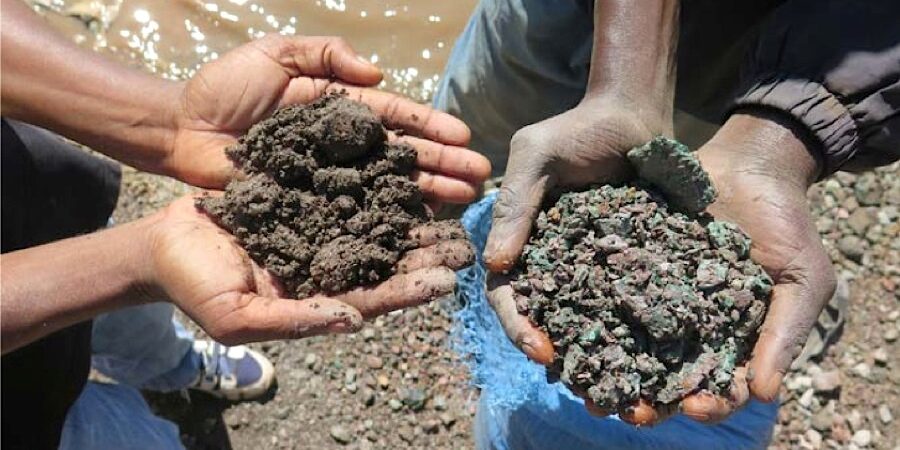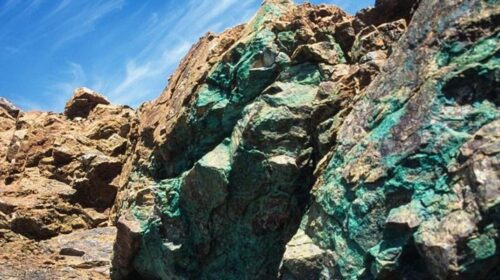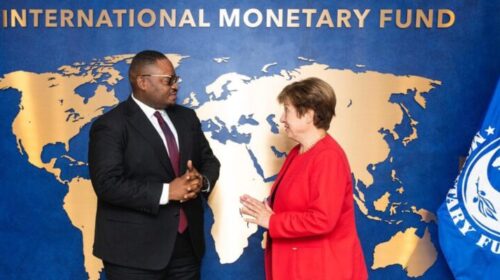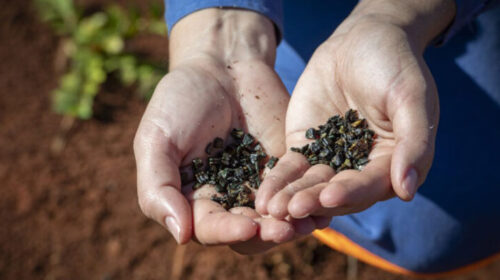DRC: COVID-19 and cobalt crash
The global health crisis is slowing the development of processing plants after plummeting cobalt prices led to the closing of some operations in 2019.
The COVID-19 crisis has exacerbated problems that were already brewing in the mining sector in the DRC, a major producer of the cobalt used in electric-car batteries and the copper used in materials for the construction and power sectors.
After hitting highs of $100,000/tn in 2018, cobalt prices crashed to around $30,000/tn in 2019 due to a combination of increased production and a slowdown in purchases from China, the world’s largest consumer of the mineral.
The government’s drive to ban unprocessed exports, and the struggles of the electricity sector, have added to mining’s woes. In late June, mines minister Willy Kitobo Samsoni told media that “almost all these projects [for local processing] have been postponed until next year”.
In August 2019, Swiss commodities giant Glencore suspended operations at its Mutanda mine – the world’s largest cobalt mine, which had produced 27,000tn of cobalt and 200,000tn of copper in 2018. So far, the DRC government has lost around $1.4bn in tax revenue due to this closure.
In 2020, Glencore only has one operating mine in the region – the one at Kamoto, owned by its subsidiary Katanga Mining. The closure of the other mines has meant a total of around 17,000 workers have lost their job.
![]()





